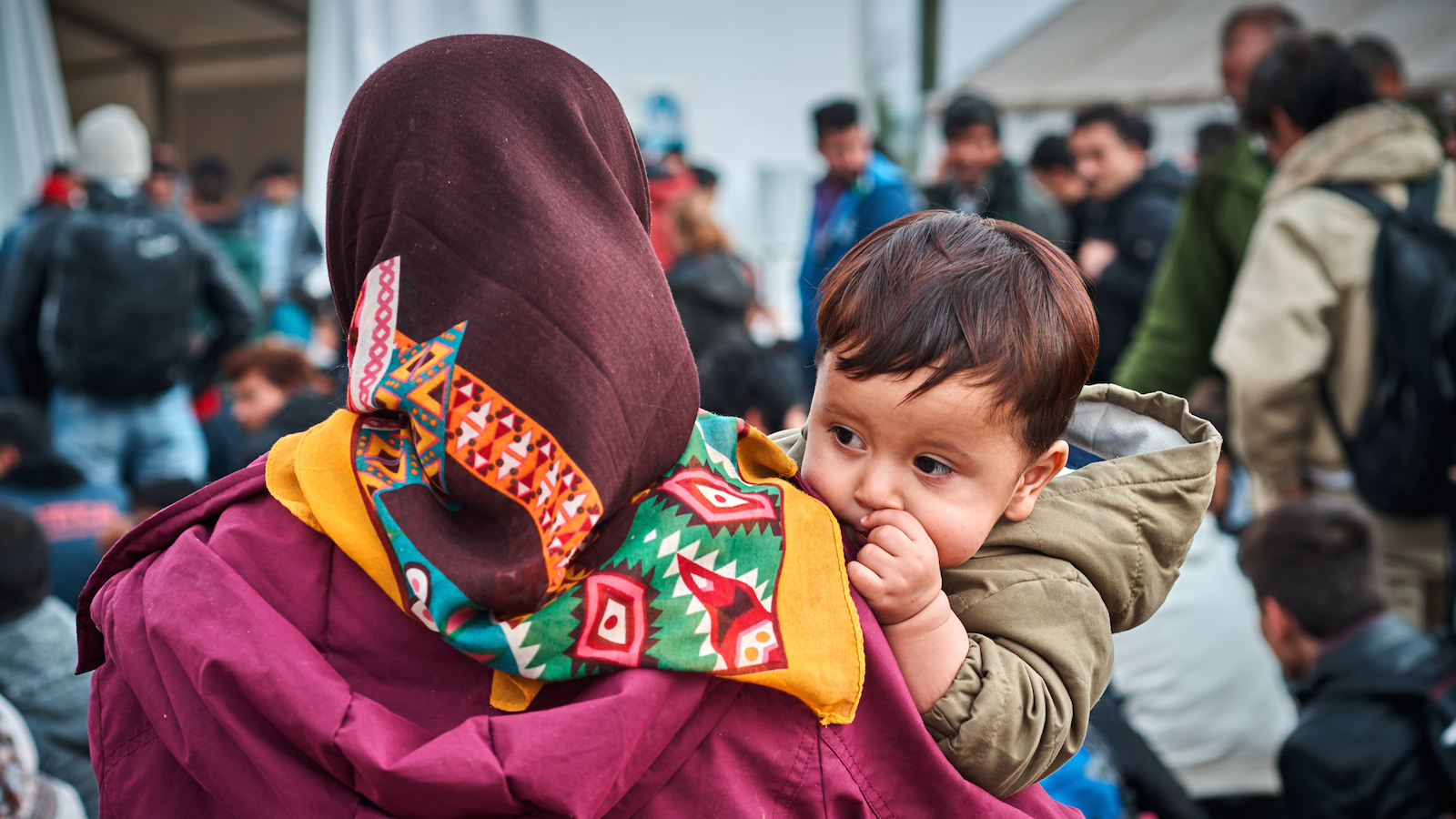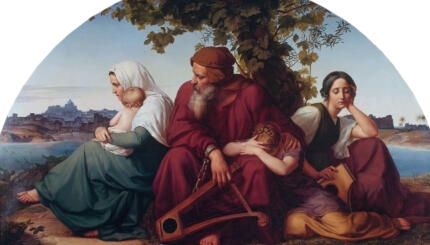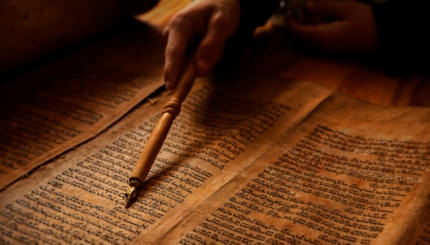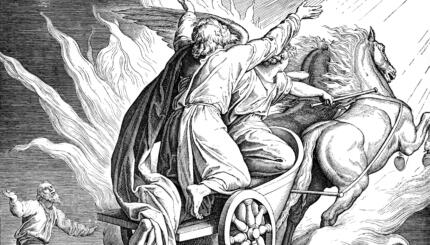Commentary on Parashat Masei, Numbers 33:1 - 36:13
The obligation to protect human life stands at the center of our tradition. Stemming from a verse in Leviticus which reads, “neither shall you stand by the blood of your neighbor,” the classical rabbis developed the overarching principle of pikuach nefesh, which asserts the supreme responsibility of protecting individuals who are in potentially life-threatening situations. The obligation to protect life is considered of such great import that it trumps virtually all other legal considerations.
This week’s portion includes a distinctive Torah instruction which reflects our tradition’s broader preoccupation with the protection of life and, in particular, the Torah’s special concern for those people in society who are particularly vulnerable to abuse and exploitation. The Israelites are instructed upon entering the land of Canaan to designate arei miklat, cities of refuge, which would function as asylums for the perpetrators of unintentional manslaughter from violent retribution by their victims’ relatives.
The Torah teaches:
When you cross the Jordan into the Land of Canaan, you shall provide yourselves with places to serve you as cities of refuge to which a man-slayer who has killed a person unintentionally may flee. The cities shall serve you as a refuge from the avenger, so that the man-slayer may not die unless he has stood trial before the assembly.
Over 30 Million Refugees
As we read the Torah’s instructions we are reminded of the huge number of refugees and internally displaced persons (IDPs) currently scattered across the globe. The U.N. refugee agency (UNHCR) announced on June 19, 2007, that the number of refugees in the world had increased for the first time since 2002. More recently, the Syrian civil war created millions of refugees.

Help us keep Jewish knowledge accessible to millions of people around the world.
Your donation to My Jewish Learning fuels endless journeys of Jewish discovery. With your help, My Jewish Learning can continue to provide nonstop opportunities for learning, connection and growth.
Special Roads, Special Treatment
When it comes to dealing with the reality of displaced people, the biblical institution of cities of refuge provide us with a Jewish foundation for pro-action. The rabbinic treatment of cities of refuge adds some remarkable details to the biblical text which underscores the special sensitivity with which our tradition has classically approached refugee problems.
In the Talmud, the cities of refuge are discussed in a number of places. In tractate Baba Batra 100a-b we find a striking teaching within a seemingly mundane legal discussion concerning the proper width of a variety of pathways: “Our Rabbis taught: A private path is of the width of four cubits; a path from one town to another is to have a width of eight cubits; a public road, 16 cubits; the road to the cities of refuge, 32 cubits.”
What is noteworthy about this teaching is that we find that the road to a city of refuge was required to be twice as wide as an ordinary public road. Elaborating on the Talmud, the Rambam (Maimonides) asserts:
The court is obligated to straighten the roads to the cities of refuge, to repair them and broaden them. They must remove all impediments and obstacles… bridges should be built (over all natural barriers) so as not to delay one who is fleeing to [the city of refuge]. The width of a road to a city of refuge should not be less than 32 cubits. “Refuge, Refuge” was written at all crossroads so that the perpetrator of manslaughter should recognize the way and turn there.
These teachings reflect something remarkable about the rabbinic attitude toward cities of refuge. The emphasis on the great width and sound condition of the roads leading to cities of refuge, coupled with the injunction to widely publicize the existence of such paths, illustrates the seriousness with which the rabbis approached this biblically mandated communal responsibility.
If our tradition displays such concern for people who have themselves committed murder, even if unintentionally, how much more so should we feel compelled to protect these tens of millions of refugees, the bulk of whom are not themselves criminals but rather innocent bystanders driven from their homes as a result of wars and violence.
Living in an age of global media, we cannot feign ignorance to these humanitarian crises regardless of where they may be occurring. And armed with the knowledge of these emergencies, we are faced, as individuals, communities, and as nations, with the choice of whether or not to respond.
There are many things that we can do to support the plight of our world’s refugees. We can support the important work of organizations like Refugees International and UNHCR. We can raise awareness in our Jewish communities of the global refugee crisis. And we can make our voices heard by our president and members of Congress to encourage increased funding for refugee assistance and to promote a greater willingness toward resettling refugees in the U.S.
As Jews, the bitter experience of exile from one’s homeland should be something to which we are acutely sensitive. For 2,000 years we have suffered through the challenge of being strangers in lands not our own. As is often noted, the Torah has more to say about the proper treatment of strangers than it does with any other set of laws, including worshipping God or observing festivals.
At a moment in history when over 30 million human beings are displaced from their homes, it is time that we rededicate ourselves to this central message of our tradition.
This commentary is provided by special arrangement with American Jewish World Service. To learn more, visit www.ajws.org.



